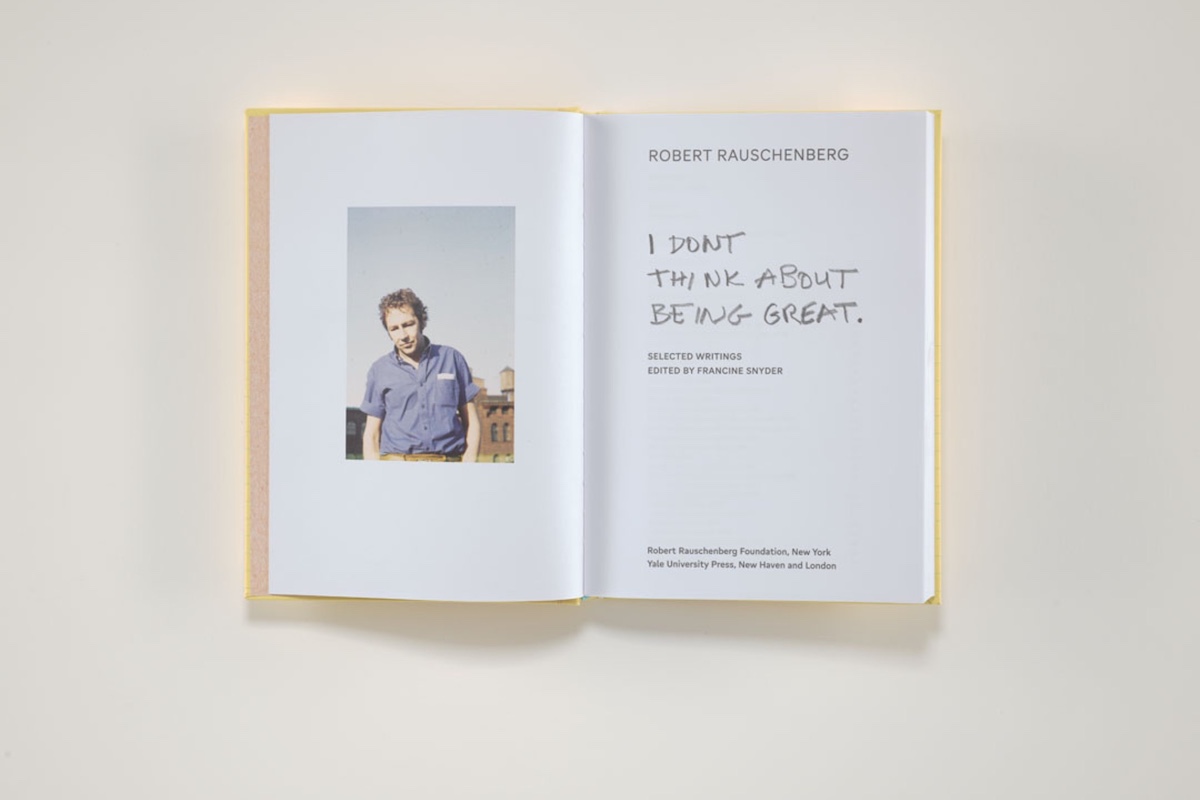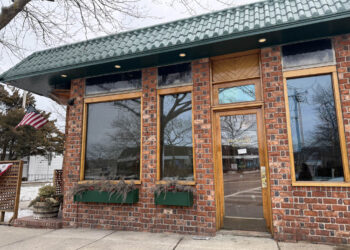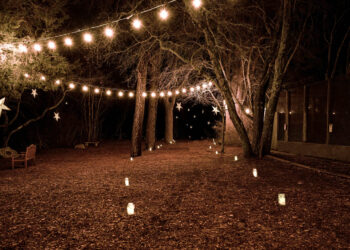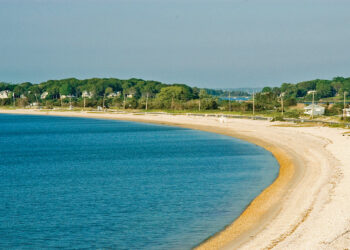
Guild Hall celebrates the creative legacy of Robert Rauschenberg with a special book talk and discussion marking the release of I Don’t Think About Being Great—a new collection of Rauschenberg’s writings published for the first time. While Rauschenberg is best known for his boundary-defying work as a painter where he utilized an array of styles, materials, and techniques, this volume offers an intimate look into his thoughts on art, collaboration, and the world around him.
The event, taking place on Saturday, November 15 at 5:00 p.m. at Guild Hall (158 Main Street, East Hampton), will be moderated by Francine Snyder, Director of Archives at the Robert Rauschenberg Foundation and editor of the book. Snyder will be joined by artists Scott Bluedorn and Evan Yee—alumni of the Rauschenberg Residency on Captiva and participants in Guild Hall’s Student Art Festival: Rauschenberg 100—for a conversation on Rauschenberg’s enduring influence and the spirit of experimentation that continues to inspire new generations of artists.
Coinciding with the opening of the Student Art Festival, the evening honors the Rauschenberg Centennial and the artist’s impact on creative communities near and far. Snyder spoke more about the process of curating the selected writings, the importance of bringing Rauschenberg’s writings to light, and how his legacy continues to shape the East End’s artistic landscape.
As the Director of Archives at the Robert Rauschenberg Foundation, what does moderating this event mean to you personally and professionally?
FS: Rauschenberg is an artist that emphasized the role of the audience, writing in 1998, “I don’t explain my art. The work and its intentions are as different as people, time and lives.” He wanted viewers to bring their own experiences and interpretations to his creations.
It is meaningful to me that the panel discussion at Guild Hall continues this legacy by bringing together new audiences of artists, speakers, and the community to foster diverse and personal interpretation of and inspiration from Rauschenberg’s writings and creative practice.
The book I Don’t Think About Being Great brings Rauschenberg’s writings into focus for the first time. How did you approach selecting or curating these writings?
FS: While the selection for I Don’t Think About Being Great was limited to writings in Rauschenberg’s archives, it was not easy to select and curate them. The archives contain over 800 related drafts. The process involved several years of research, analysis, and comparison, creating an understanding of the main topics within his writings, which became the chapters [Art and Practice; Friends, Peers, and Collaborators; and Politics and Activism]. Once these were determined, writings were selected with a goal of assembling a comprehensive and representative body of work that not only illustrated the evolution of the artist’s creative process and philosophy but also genuinely captured his unique voice and perspective over the full span of his career.
What do you hope the audience at Guild Hall will take away by exploring Rauschenberg’s lesser-known written work in this event format?
FS: I hope the audience will take away the diversity of Rauschenberg’s output—and that creativity can exist in many formats and venues. Rauschenberg’s writing is non-traditional, more poetic than prose, and reinforces that there is no wrong way to write or create.
This program coincides with the Student Art Festival: Rauschenberg100 and celebrates his legacy on the East End. What makes this region a meaningful place to host such a conversation?
FS: The East End has such a storied history of providing inspiration for artists, including many of Rauschenberg’s peers—while he never owned a home here, he visited often with the likes of Jasper Johns, Larry Rivers, and others. We are thrilled that Guild Hall will be displaying a selection of works by Rauschenberg from their permanent collection as well as loans from collectors closely connected to the artist to help celebrate the occasion of his centennial.
In moderating the discussion with artists Scott Bluedorn and Evan Yee (and others), what are you most looking forward to hearing from them regarding the influence of Rauschenberg’s “gap between art and life” philosophy?
FS: I’m looking forward to hearing how the influence of Rauschenberg’s “gap between art and life” philosophy continues to exist and be reinterpreted through Scott and Evan’s work, the students’ work, and continued conversations. If we are successful, Rauschenberg’s legacy will continue to live on through the inspiration and interpretation of others.
Given the archive’s mission to increase access and use of these materials, how do you see today’s audience—students, emerging artists, regional creatives—connecting with Rauschenberg’s writings differently than his visual work?
FS: Rauschenberg had a love of words, similar to his love of images. The writings allow an additional way to access and be inspired by his creative process and bring in opportunities for collaborating with new disciplines, such as poetry and short form prose.
In addition, the interaction between Rauschenberg’s artwork and writings bridges the gap between different fields, opening up discourse between disciplines often considered separate. By examining his words alongside his artwork, one gains a richer understanding of an artist whose life’s work was dedicated to dismantling traditional boundaries.
What role do events like this one—where writings meet visual art, discussion meets exhibition—play in enriching the cultural landscape of the Hamptons and East End?
FS: The Rauschenberg Foundation has been privileged to partner with Guild Hall this year to fund its annual Student Art Program, which for years has played such an important role in educating students in local public schools about the possibilities of the visual arts and the freedom provided by experimentation. I love that this program culminates in an exhibition at Guild Hall, where the students’ works are placed on view alongside those of established artists from the collection. The interdisciplinary nature of this event is very much in the spirit of the Student Art Program and of Rauschenberg himself—art can be made in innumerable ways, using a variety of media, and without set rules or guidelines.
Are there particular excerpts or themes from the book that you anticipate sparking meaningful dialogue at the event? If so, can you share one that stands out to you?
FS: I’ll share Rauschenberg’s words that close the book: “I know that art has the energy to change minds and hearts. Art is a powerful source of fact and joy.”
To learn more and purchase tickets for the book talk event at Guild Hall on Saturday, November 15th at 5:00 p.m., click here.












